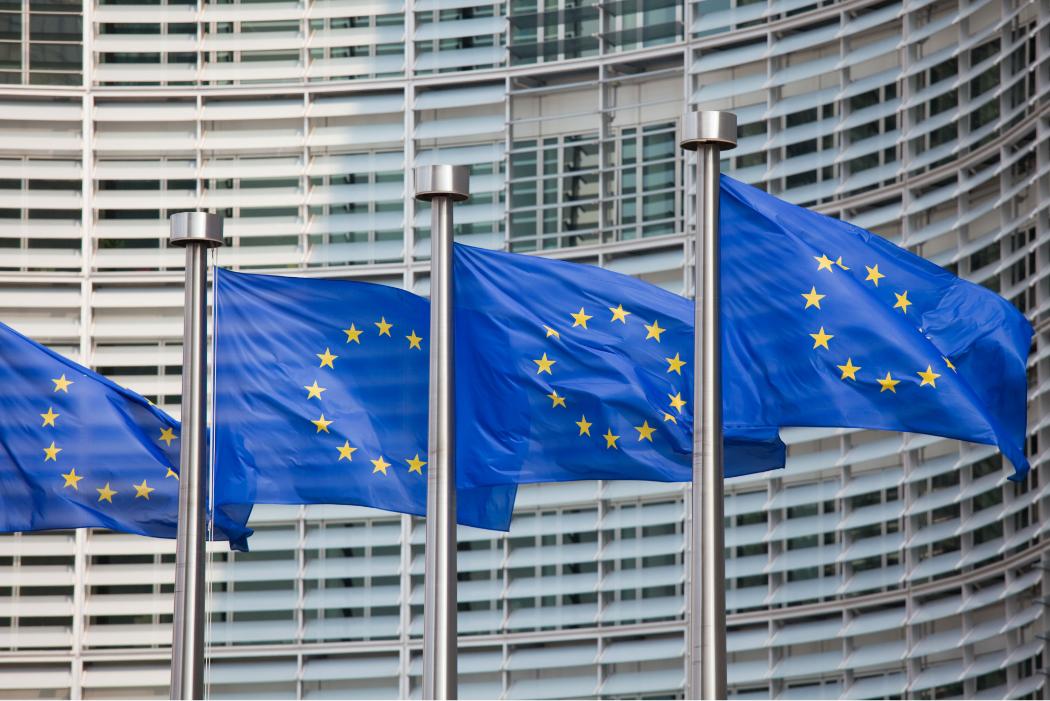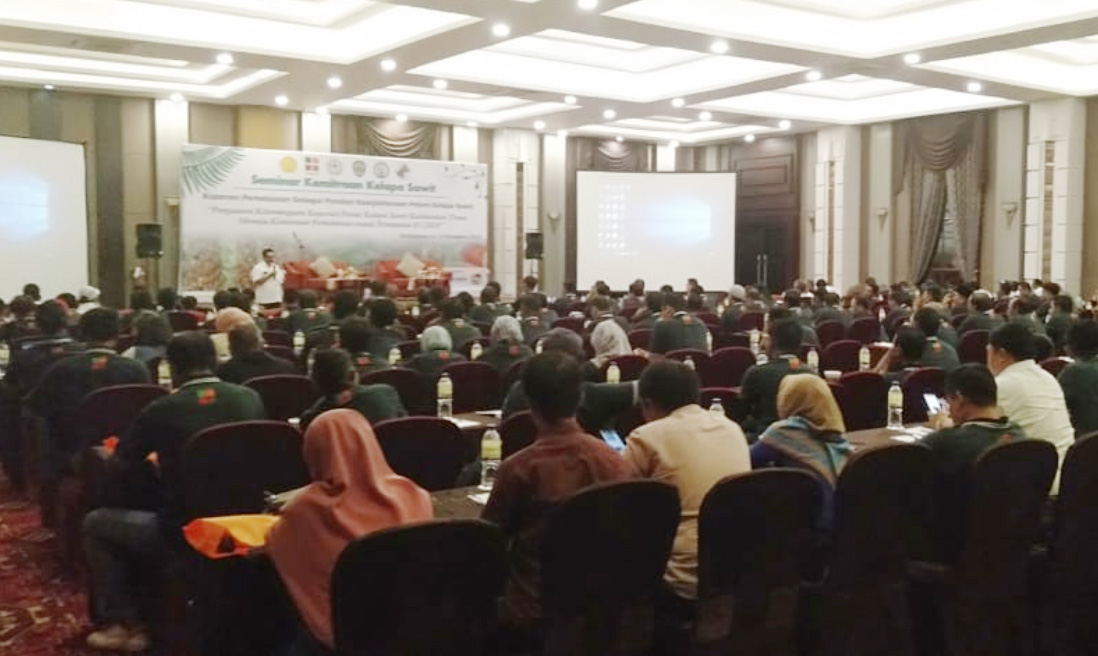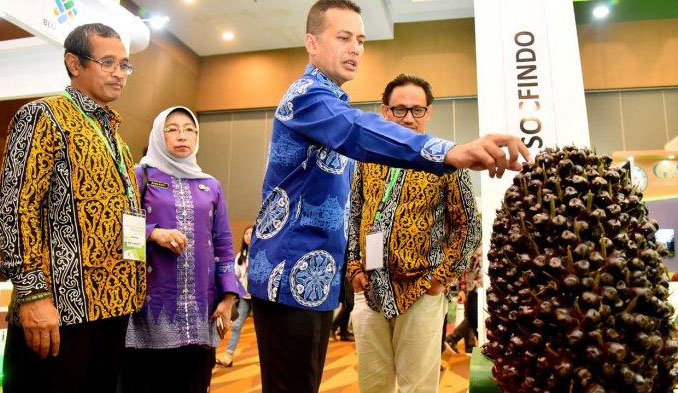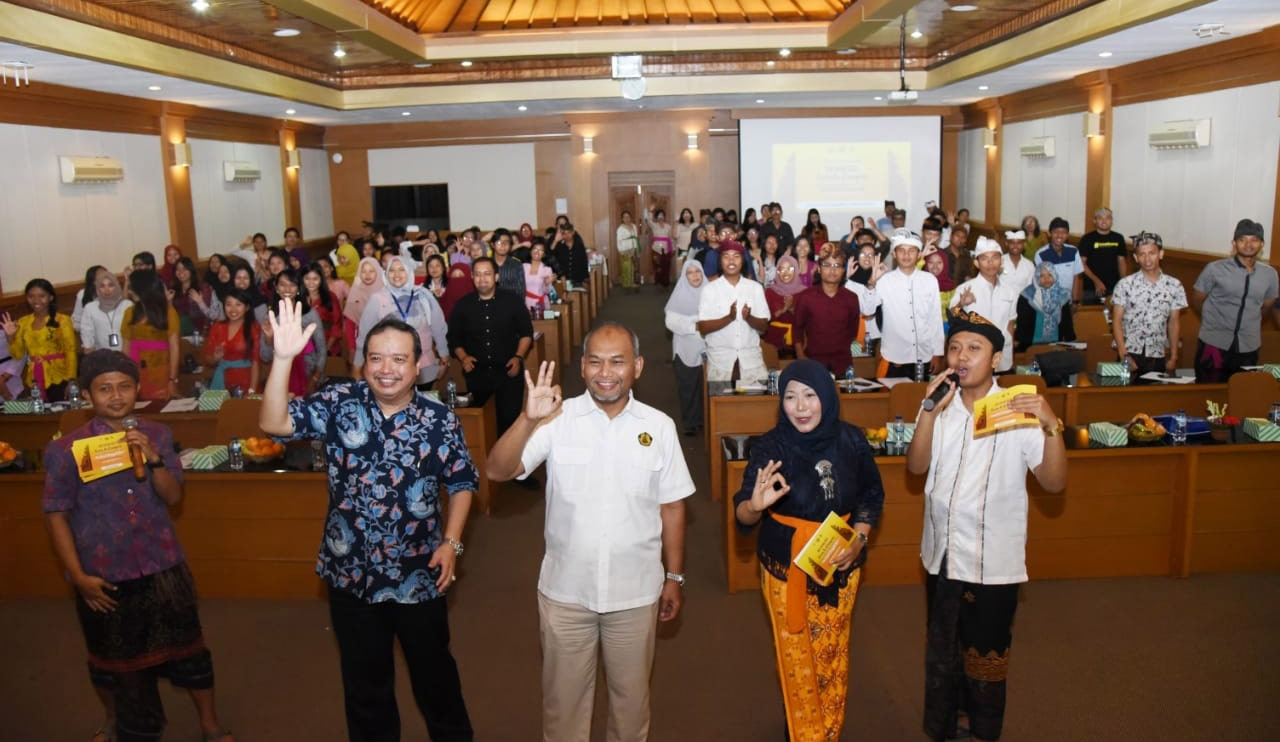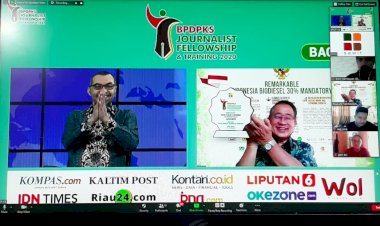Govt Calls for Support of European Businesses on Palm Oil Negotiation
The Government has called for the support of the European Union-based businesses to voice Indonesia’s concern on negotiation and diplomacy to challenge the EU’s discrimination against palm oil. As reported earlier, on 13 March 2019 European Commission adopted Delegated Regulation no.

The Government has called for the support of the European Union-based businesses to voice Indonesia’s concern on negotiation and diplomacy to challenge the EU’s discrimination against palm oil. As reported earlier, on 13 March 2019 European Commission adopted Delegated Regulation no. C (2019) 2055 Final on High and Low ILUC Risk Criteria on biofuels. The draft classifies palm oil as unsustainable high-risk ILUC vegetable oil. For that reason, Ministry of Foreign Affairs chaired a forum attended by European company leaders in Jakarta, Wednesday (20/3/2019) to explain the Government position. The explanation was given by Minister for Economic Affairs Darmin Nasution accompanied by Coordinating Minister for Maritime Affairs Luhut Panjaitan and Vice Minister for Foreign Affairs A.M. Fachir According to Darmin, palm oil is a very important commodity with US$ 17.89 billion export value in 2018. He added that the palm oil industry contributes up to 3.5% of Indonesia’s Gross Domestic Product and provides employment for 19.5 million workers, including 4 million oil palm farmers in it. Palm oil is also an important part of the strategy to meet the needs of national energy replacing fossil fuels and has an important role in alleviating poverty in Indonesia, he added. The Minister also laid stressed on good relationship with the EU, especially economic relationship. “The President of Indonesia has expressed concern on the wider trade and investment relations with the EU should the discrimination against palm oil be confirmed.” The Strategic Partnership between ASEAN-EU is on hold and Indonesia is examining bilateral relations with Member States that have been most supportive of the discriminatory actions proposed by the Commission. “If the discrimination against palm oil continues, we are afraid this will affect years of good relations between Indonesia and the EU, especially at this time when we are conducting intensive discussions on Indonesia-European Union Comprehensive Economic Partnership Agreement (IEU-CEPA),” Darmin added. Echoing a similar sentiment, Coordinating Minister for Maritime Affairs Luhut B. Pandjaitan stressed that palm oil has a positive impact in reducing poverty. He also highlighted the Government’s commitment to environmental issues. “We are being discriminated against and almost 20 million of our people, especially the farmers, will be affected. Of course, we should respond to it. We are not a poor country, but a developing one. This is of our national interest,” Luhut said, adding that the Indonesian Government is asking for a full support from the EU business communities to convey Indonesia’s concerns to their governments related to the acts of discrimination. Indonesia will continue to collaborate with palm oil producing countries within the CPOPC (Council of Palm Oil Producing Countries) and ASEAN. This effort does not only aim to promote sustainability of palm oil but also to encourage a joint position against the European Commission’s discriminatory actions. Luhut further said that the Government continues to make effort to stop the process of passing the RED II Delegated Act to maintain partnership and friendship between Indonesia and the EU, considering that at the moment both parties are trying to expand and improve relations through IEU-CEPA cooperation. (Sources: Press Release Coordinating Ministry of Economic Affairs/Setkab RI)


